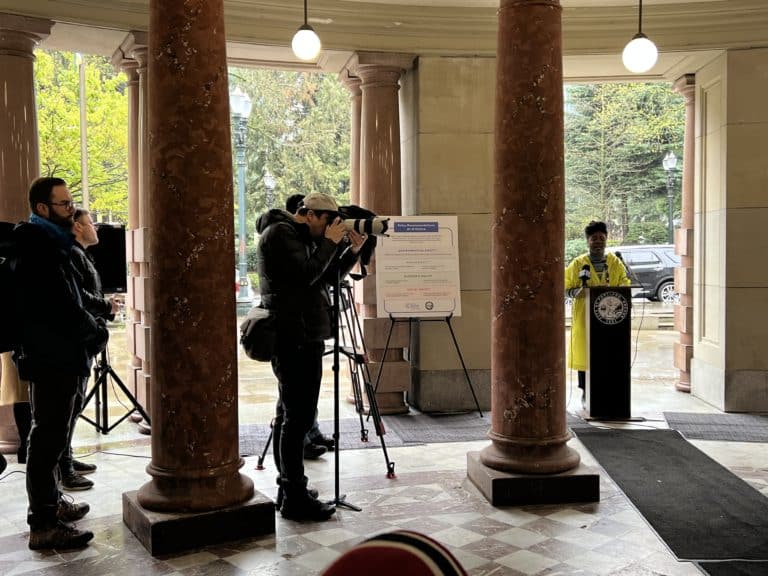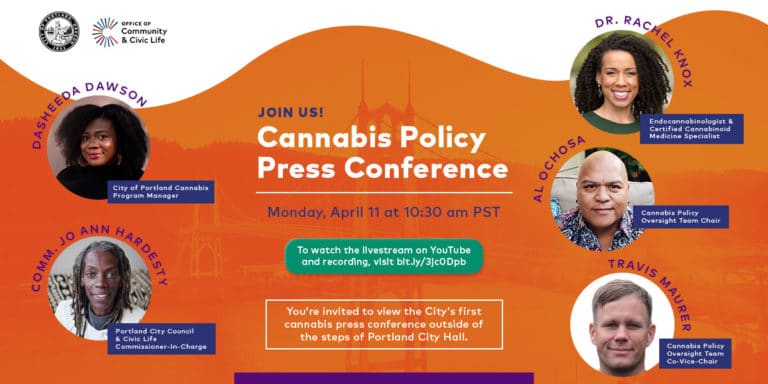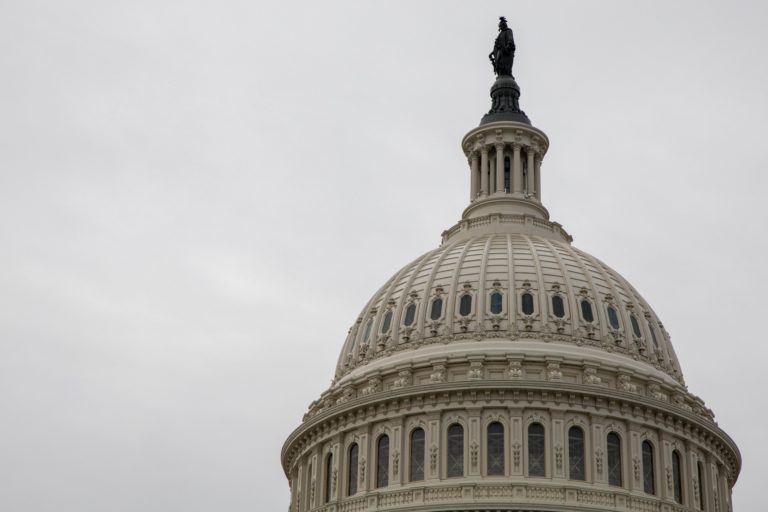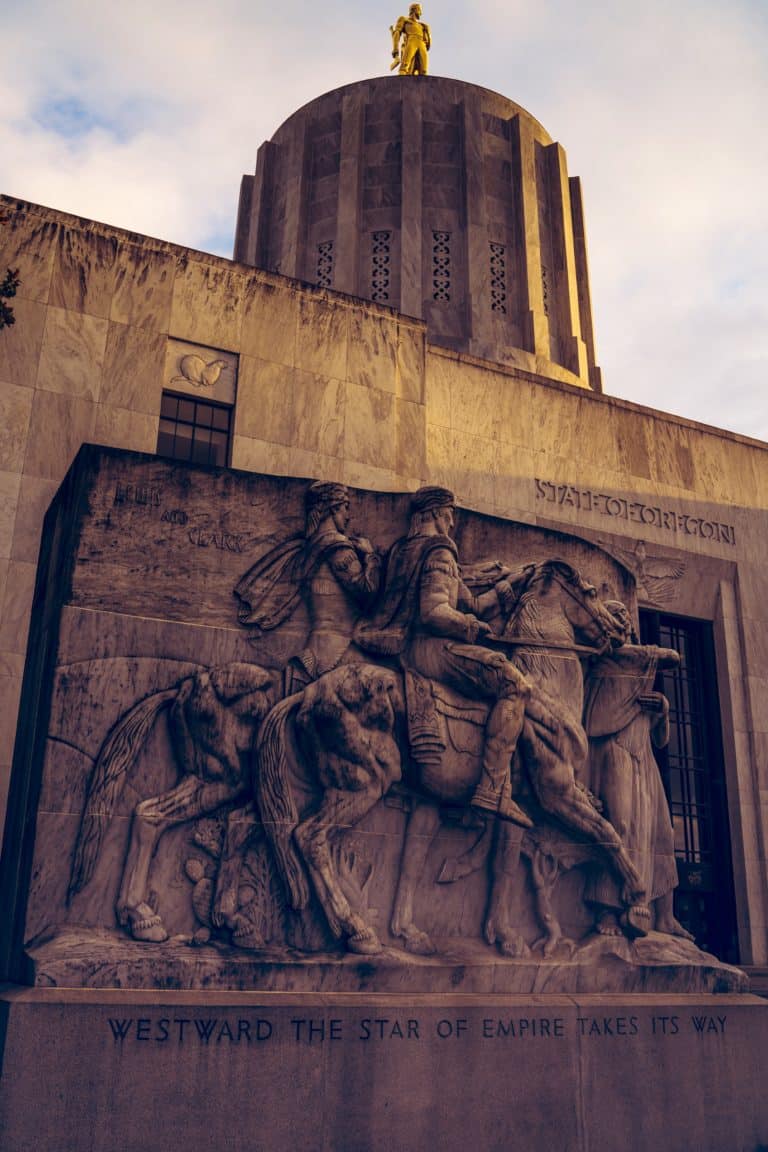
California Gets First Look at Cannabis Regulations
SACRAMENTO – As of Jan. 1, recreational marijuana will be legal in California. Adults 21 years of age and older will legally be able to possess up to an ounce of cannabis. Medical marijuana has been legal in the state for 20 years after The Compassionate Use Act was passed in 1996. Proposition 64 was passed in 2016 in the November election and legalized adult use marijuana for the entire state.
The state is expected to generate at least one billion dollars in taxes from the legal recreational cannabis market’s estimated $7 billion in annual revenue. The Bureau of Cannabis Control, the Department of Public Health and the Department of Food and Agriculture released some of the regulations last week. One regulation stipulates that all cannabis businesses must be equipped with security cameras.
Other regulations include restrictions on the hours that dispensaries can be open, which will be from 6 a.m. until 10 p.m. Marijuana business are also restricted from being within 600 feet of day care centers, schools and youth centers. Dispensaries cannot have cannabis products visible from outdoors and can only advertise on media with audiences consisting of adults 21 and older at a rate of at least 71.6 percent.
Delivery will be permitted under the new regulations provided that the marijuana is delivered to a private residence only. Delivery to a public place will not be permitted. Dispensary employees of licensed collectives must be identifiable by a name identification badge or tag.
The state will add a 15 percent sales tax to cannabis products to be collected by distributors. California Cannabis Industry Association advocate Nate Bradley told reporters “This is about making money, and in all honesty an adult-use permit is the golden ticket. So, if they are not going to be willing to pay their taxes, there are going to be other people with capital investment ready to jump in.” The state sees the tax as an incentive for cultivators to get an adult-use permit.
Niko Mann is a freelance writer living in Los Angeles, California.

























